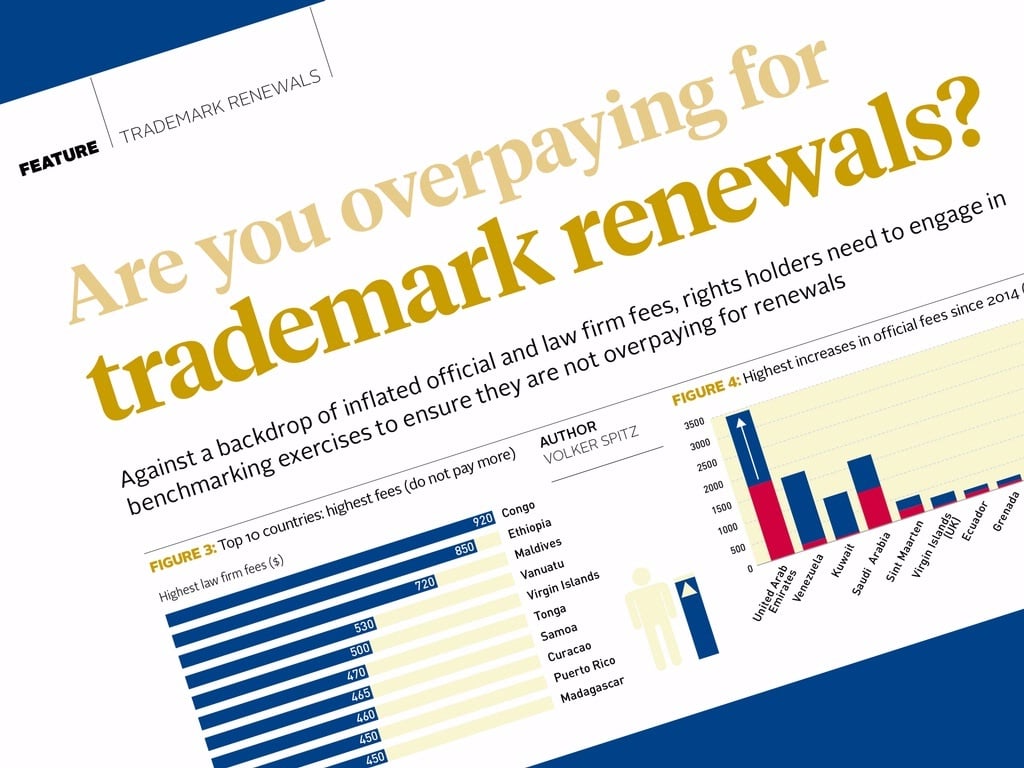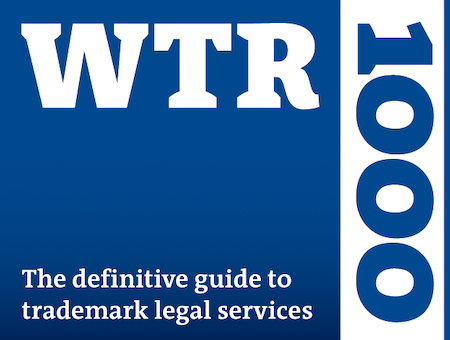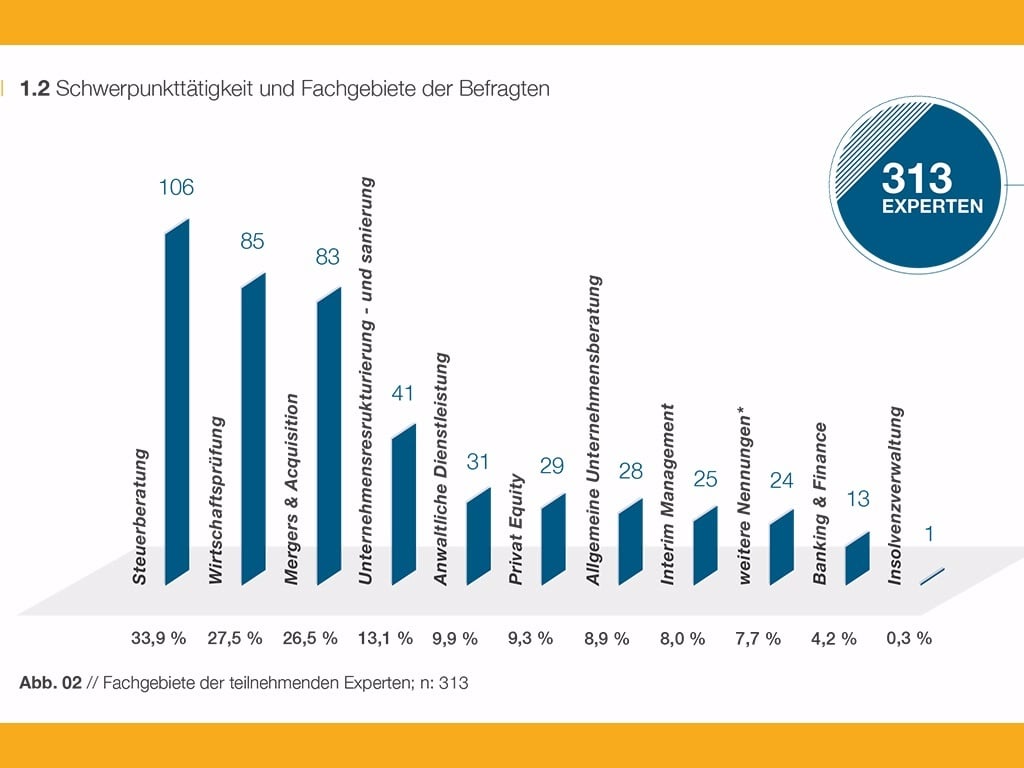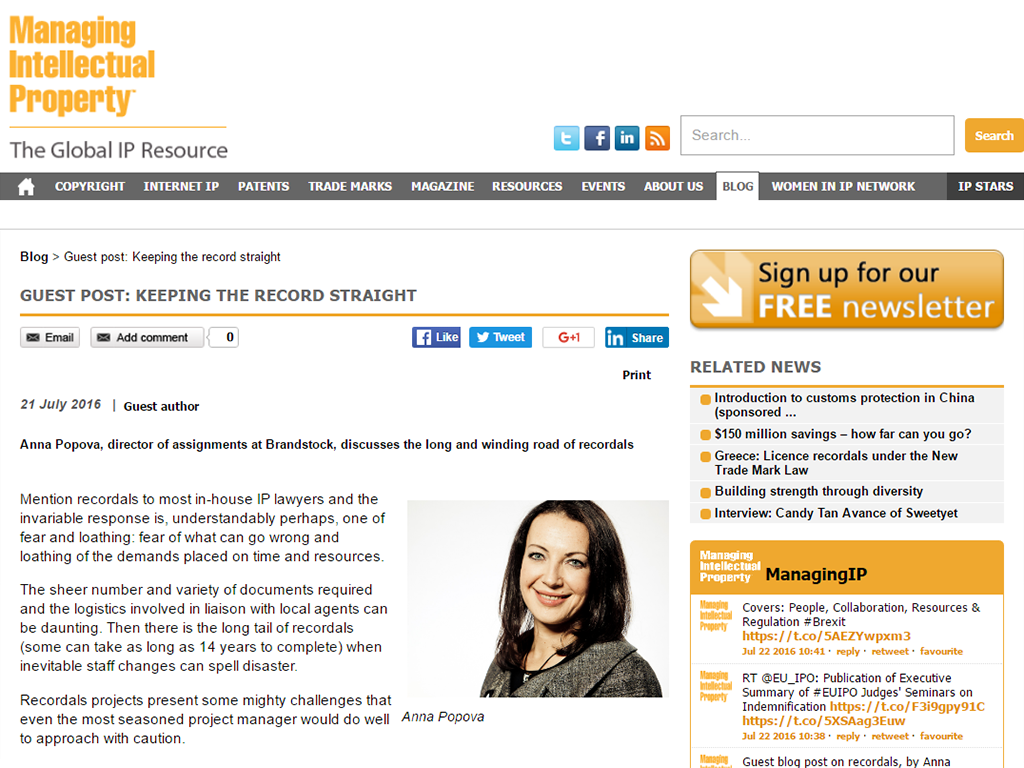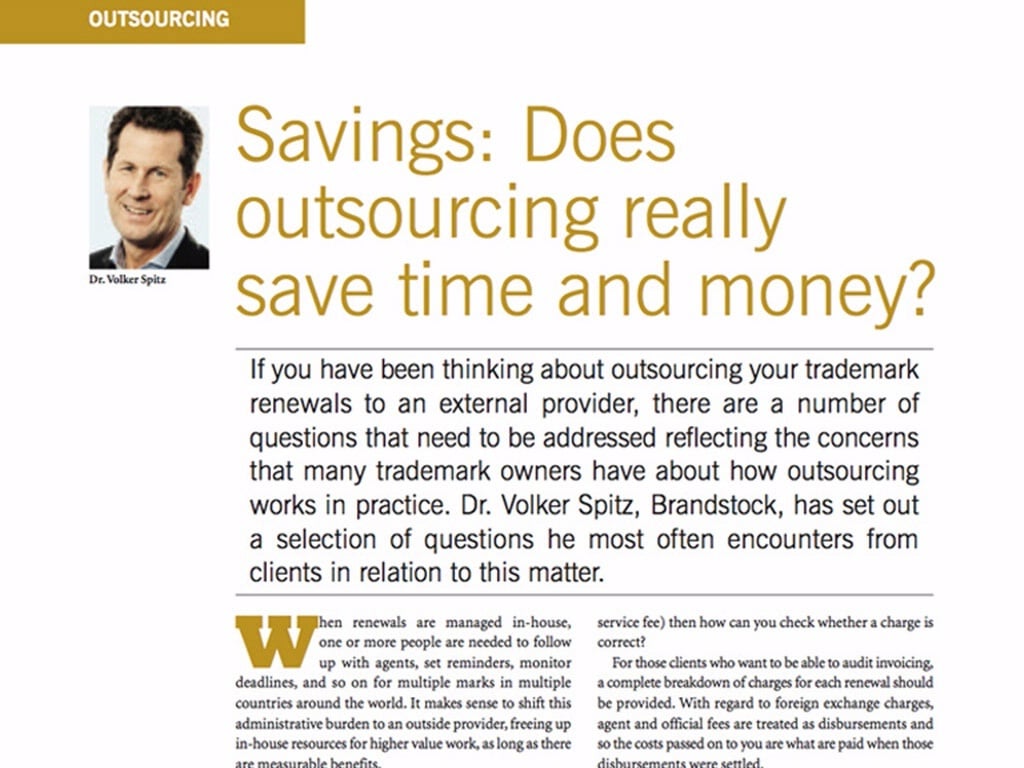Fair Trade Principles in the IP World
The fair trade philosophy is more often associated with chocolate or coffee than intellectual property, but fair trade principles have applications for intellectual property professionals too.
According to the World Fair Trade Organization (WFTO), “fair trade” is a trading partnership based on transparency, respect, and dialogue which seeks to establish greater equality in international trade.
In Session CM22 Fair Trade in IP Relations, moderated by Eva-Maria Strobel, Partner at Baker & McKenzie (Zurich), panelists discussed how law firms can apply the principles of fair trade to avoid malpractice, and foster a positive workplace environment
One aspect of WFTO’s definition of fair trade is “dialogue.” Rachna Bakhru, Partner at RNA, IP Attorneys (India), explained that in India, law firms and their clients need better communication to establish truly value-driven policies.
“When it comes to law firms and fair trade, the first things that come to mind are: Is the firm anti-competitive and does it have ethical trade practices? Is the firm abiding by anti-bribery and anti-corruption rules?” Ms. Bakhru said.
She noted that while India has its Sexual Harassment of Women at Workplace (Prevention, Prohibition and Redressal) Act, the country’s law firms are not legally required to maintain policies in some other areas of ethical concern, including environmental protection.
In China, according to Albert Tsui, Attorney-at-Law at Dentons (China), environmental issues, such as a firm’s use of paper products, are important to many clients.
He added that many clients in China are now looking for gender equality in law firm teams that will potentially represent them. “For example, they will ask: what is your proportion of females in the partnership?” he said.
Mina Jovanovic, Associate at ZMP Zivko Mijatovic and Partners (Serbia), said that both clients and law firms “have a responsibility to increase awareness” about fair practices.
Ms, Bakhru agreed, noting that when clients question law firms on their policies, it pushes the firms to “identify the gaps” and motivates them to put guidelines in place.
It’s one thing to preach fairness, but putting fairness into practice requires transparency; this is the second aspect of the WFTO’s definition of “fair trade.” Yihong Ying, Director, Corporate Counsel at Starbucks (USA), said this principle is an important part of the company’s internal policies, as well as a quality it seeks when contracting work to outside counsel.
“We want to work with people who share our values, Mr. Ying said. “Starbucks operates in more than 70 countries and to maintain that we need to be able to work with counsels from different backgrounds. Therefore, diversity is key.”
Starbucks also maintains an in-house policy within its legal department that promotes inclusion, diversity, equality, and accessibility, he said. As part of Starbucks efforts to ensure transparency, it commissions third-party consultancies to carry out audits of the company, and also of its outside counsel.
Better Outcomes
One IP service provider that has benefited from a renewed focus on fairness is Brandstock (Germany), which provides trademark portfolio management services. As part of its work for corporate clients, it finds local agent law firms on their behalf to conduct legal tasks related to the portfolio in a particular country. Elena Galletti, Vice President of Marketing at Brandstock, said the company is “really focused on transparency”.
“When we think about fair trade in IP, which is not as [simple an idea] as with chocolate or coffee,” she said, “we usually think about what we need to get the best price.”
While Brandstock used to focus on the price of the law firms it works with, it now follows a “different policy,” and has begun to shift its focus.
“We opened up communication. We started to talk to the law firms and established a service level agreement with them,” Ms. Galletti said. This led to agreements between Brandstock and the law firms on a fair price for all parties involved: the service provider, the law firms, and the clients.
“Law firms feel more secure, as they know they will get work from us and will not have to compete with other law firms. We also have a certain quality standard, so if we provide work to the law firm we expect to receive a high standard of work,” she said.




